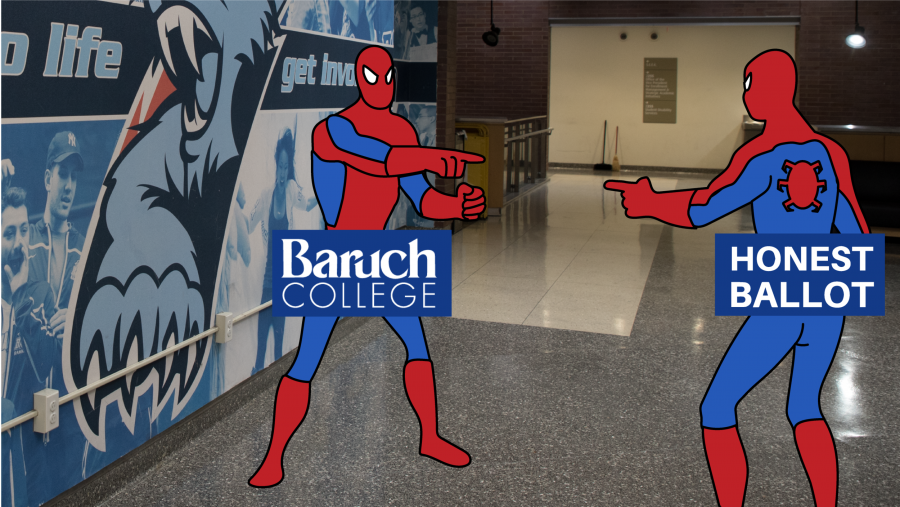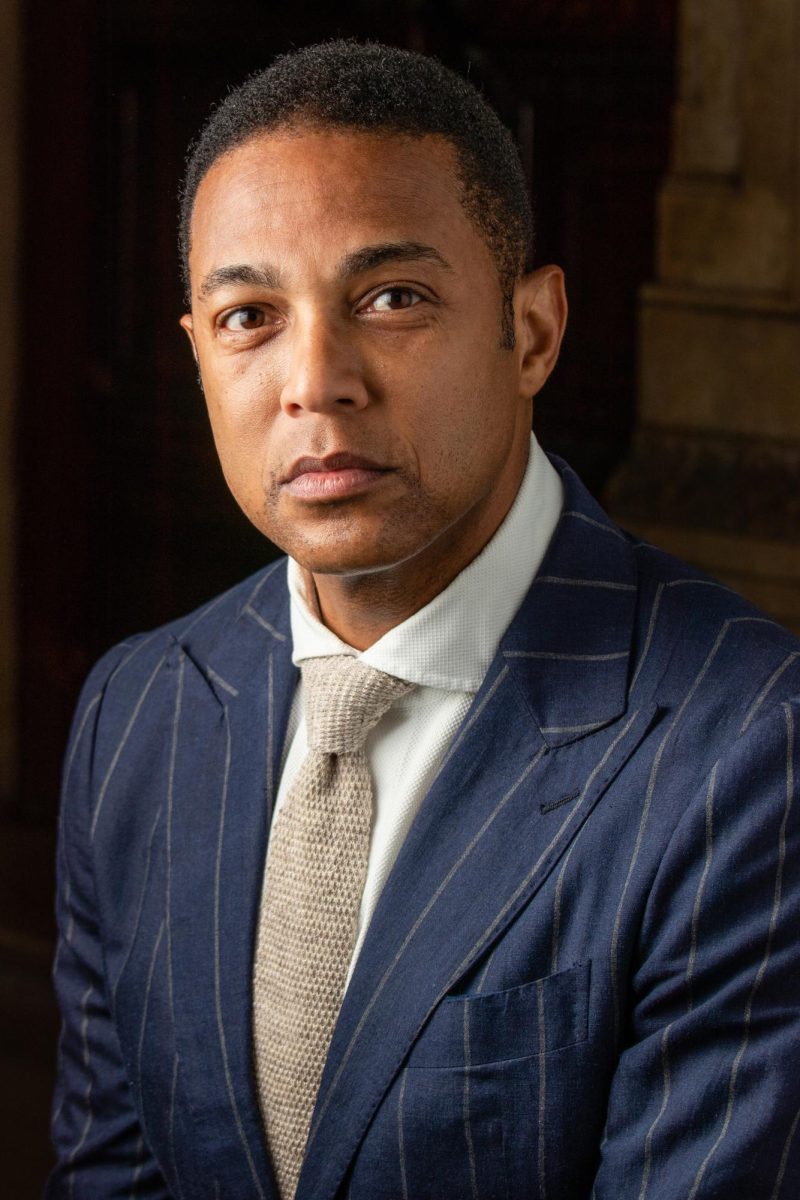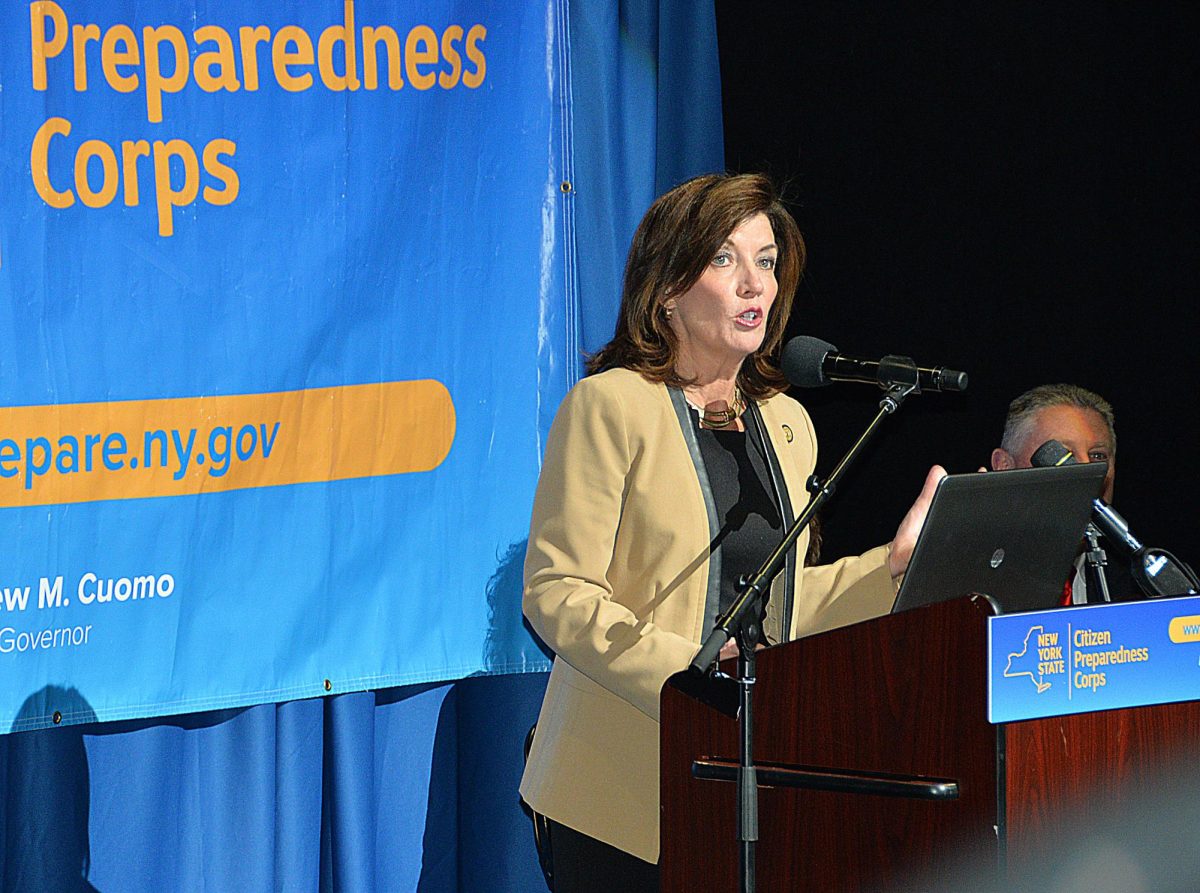The Office of Student Life confirmed on May 7 that there will be a second election for all representative senators, Student Media Council and Faculty/Student Disciplinary Committee positions due to the participation of ineligible voters in this year’s Undergraduate Student Government election. Polling for these positions will take place May 13-15.
Nine ineligible voters, comprising of graduate students and faculty members, participated in the election, which was held April 16-18. Only undergraduate students are eligible to vote in USG elections.
Honest Ballot, the polling service contracted to tally the election, scanned the EMPLIDs of all voters and tallied the initial results. According to Associate Director of Student Life Operations and Student Election Review Committee Chair Savanna Ramsey, Honest Ballot was prepped on how to differentiate student and faculty IDs, yet didn’t remove them from the initial results.
Approximately 30 positions that were decided by an eight-vote margin will be voted on again in the upcoming election, according to Aaron D’Souza, a candidate for representative senator in this year’s election. Candidates are not allowed to campaign for the reelection, but are allowed to promote themselves through social media and word of mouth.
“Elections have to be completed by April 30,” said Ramsey.
“If they’re not, then we have to petition to CUNY central to get an extension. And so I worked with general counsel there, told them the situation and then we had to ask for an extension. With the extension, it was literally just to have the reelection. And so it’s that we have to announce that there will be an election happening, which an email will go out shortly … to all undergraduate student body letting them know that the dates of the election is happening. And we just have to make sure the student body knows and then it can happen. So, the campaigning isn’t something that is essentially necessary because, and I hate to say this, but the students campaigned beforehand,” Ramsey added.
Ramsey said she was tipped off about certain election issues when she received an email on April 30 from an undisclosed person, whom The Ticker confirmed was Rohit Matthew, a representative senator with Imagine Baruch. Ramsey declined to disclose who sent the email, but an anonymous Imagine Baruch member confirmed it was Matthew and sent a copy to The Ticker.
The letter was signed by various members of Imagine Baruch and disclosed issues they had with the electronic voting system. “While I was voting, I was bought [sic] to an error page after clicking the green button at the bottom of the electronic ballot, saying an error that my ballot had already been cast even though it was my first time voting,” the letter read in part. An Honest Ballot representative confirmed that the student was “all set” but the student was still concerned because they didn’t receive a “success” message like other voters.
“We did exactly what we were supposed to do,” said Paula Waskover, an election manager with Honest Ballot. A “few more than 100” paper ballots were given out to students and all of the paper ballots were counted, Waskover said, which may mean that the nine students who got through were tagged as eligible. Ramsey said that nobody is ever turned away from voting, but if their EMPLID is deemed ineligible, they get a paper ballot to conduct their vote and that vote goes into another tally that doesn’t count toward the official results.
Waskover further told The Ticker that Honest Ballot was responsible for supplying the voting machines, but Baruch supplied the “student registry.”
“In our [Baruch ID card] swipe database, there were nine individuals,” said Ramsey regarding the discovery of ineligible voters. “It doesn’t say that they voted but we can’t prove that they didn’t vote, and because of that the elections were contested.”
Ramsey said that Honest Ballot was paid $6,650 on the first day of the election to conduct the election and tally initial results. USG’s budget includes a line for elections containing $9,000, from which the $6,650 for this year’s election came. The rest of the money in that line will go toward paying for the reelection.
An undisclosed polling company will moderate the reelection, which will cost $12,000, according to Ramsey. USG President Radhika Kalani said that USG will move funds around to accommodate the rest of the cost for the reelection, but isn’t sure which lines will supplement the rest of the balance.
“I think that it’s a hard situation for everyone that’s involved, but I think it’s important to have integrity,” said Ramsey. “We bring in a third party with the expectation that a third party is not biased and that they would make sure that the guidelines that are set are being followed. This is a situation where, based on the data, that might not have been the full case. I do think that it’s tough for the students who ran already and that received their unofficial results. I think it’s kind of tough to hear that, but I do believe that we’re doing the right thing.”
Noah Epstein, who ran for representative senator with POP! and was on the table this past semester in the same position, lost initially when the unofficial results came out. “It’s a little inconvenient that it is happening before finals as well as right towards the end of the year,” Epstein said. “So it can be a bit stressful. I think it is a bit irresponsible on whoever’s fault it is. I can’t predict the outcome, but I respect whatever outcome it will be.”
Other students turned to OSL with concerns about the election during spring break. One Imagine Baruch candidate for student media council who didn’t win one of the three open seats told The Ticker that a candidate who had dropped out still had her name on the ballot and won the seat even though she wasn’t in the running. This issue, according to Ramsey, will also be addressed during the reelection.
Additional reporting by Yelena Dzhanova, Jonathan Sperling, Victoria Merlino, Diana Shishkina, Noah Fleischman, Sheik Floradewan, and Amanda Salazar.








